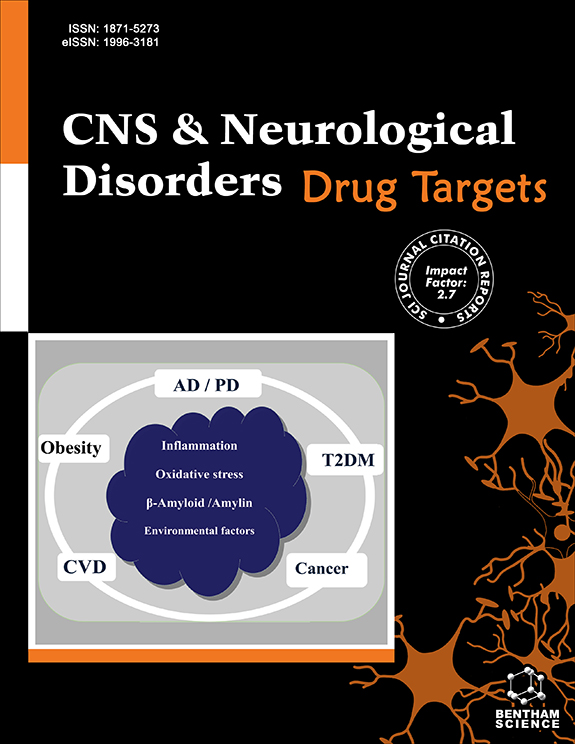Submission Tilte
Big Data Mining for CNS Diseases Analysis and Treatment: Focusing on Drug Target Discovery
Submission Abstract:
Central nervous system (CNS) diseases, including neurodegenerative disorders such as Alzheimer's disease, Parkinson's disease, and multiple sclerosis, represent a major global health challenge. Despite significant research efforts, the complexity and multifactorial nature of these diseases hinder the development of effective treatments. The rise of big data analytics and high-throughput technologies offers new opportunities, particularly in drug target discovery. Multi-omics data from genomics, transcriptomics, proteomics, and other resources (e.g., xQTL, pGWAS, MPRA) have deepened our understanding of disease mechanisms. However, translating these insights into therapeutic targets remains challenging due to the complexity of the nervous system, lack of models, and limited clinical trial success. This Special Issue aims to explore innovative big data mining strategies for CNS disease analysis and drug target identification, highlighting advancements in integrating multi-omics data and computational methods to accelerate drug discovery and overcome resistance mechanisms.




